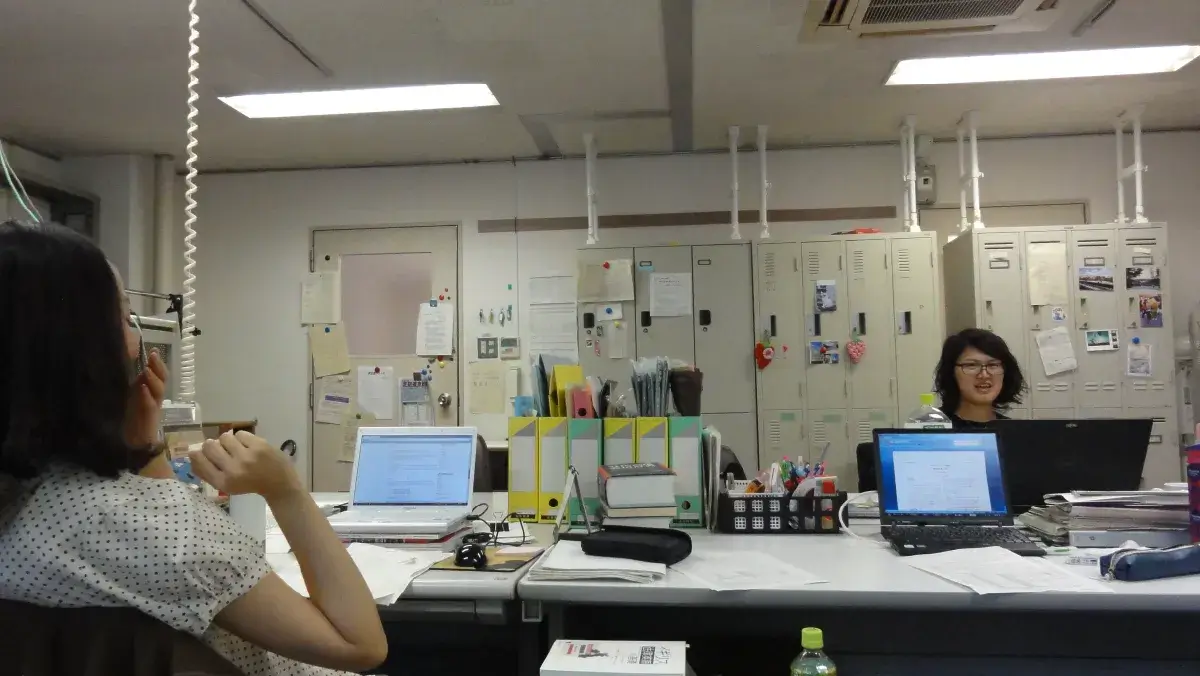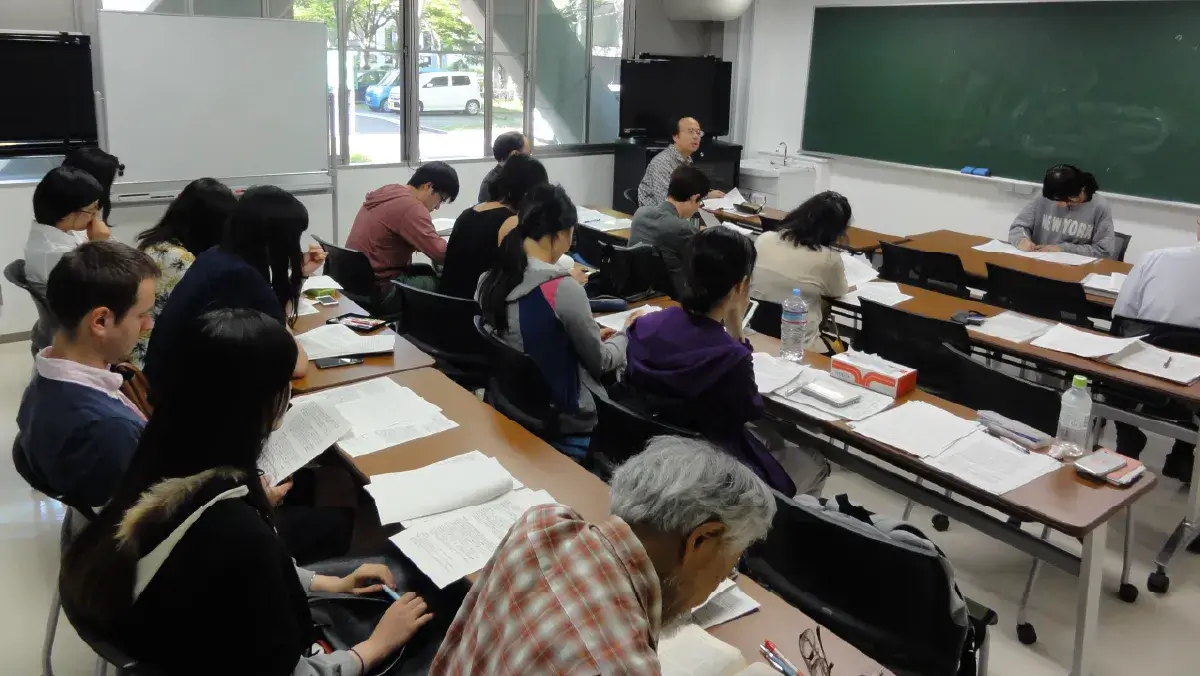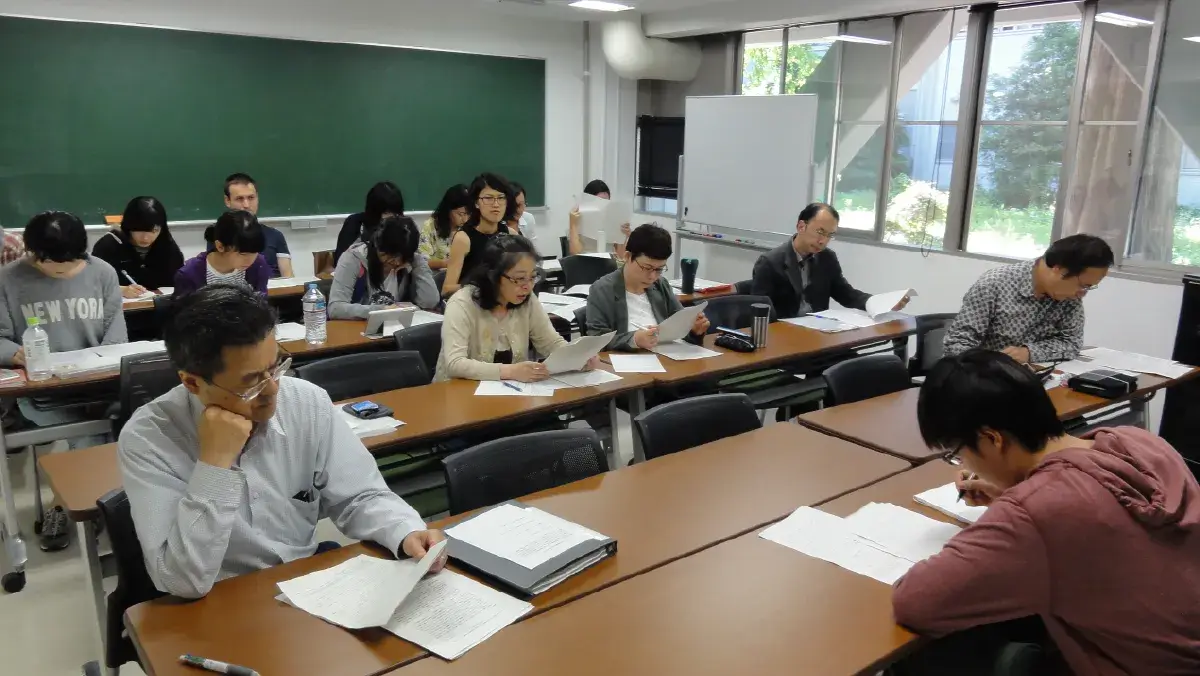
Toru Sato/Professor
- Research Themes
-
- Philosophy and Ethics
- Comparative Thought
- Aesthetics and Art Theory
-
toru.sato.c6[@]tohoku.ac.jp
Please change [@] to @.


In today's globalized society, the international movement of people and goods is increasing and opportunities for contact with diverse cultures are increasing. Nowadays, not a day goes by without a topic related to different cultures being discussed in our daily lives. Under these circumstances, global issues such as ethnic and cultural friction caused by contact between people with different cultural backgrounds often arise. This is an issue that cannot be avoided both internationally and domestically.
Through interdisciplinary and comparative research on various cultures and ethnic groups, the Department of Multicultural Conviviality aims to realize a society in which multiple ethnic groups and cultures can coexist in harmony.
The course has four faculty members with different specialties. The methodologies of each faculty member are diverse, including philosophy, literature, history, etc., and the regions covered as case studies are also wide-ranging, but “plurality” and “symbiosis” are always common key words. As specialized courses, each faculty member is in charge of a variety of subjects, including “Pluralistic Cultural Structures,” “Pluralistic Cultural Dynamics,” “Multicultural Ideologies,” “History of Multicultural Interaction,” “Multicultural Comparative Ideologies,” “Multiethnic Societies,” and "Formation of Multicultural Societies. In addition to these, students can learn and conduct research from a wide range of perspectives to approach the goal of realizing a society where multiple peoples and cultures can live together in harmony through the common courses of the department and the General Seminar on Multicultural Conviviality.







Scroll